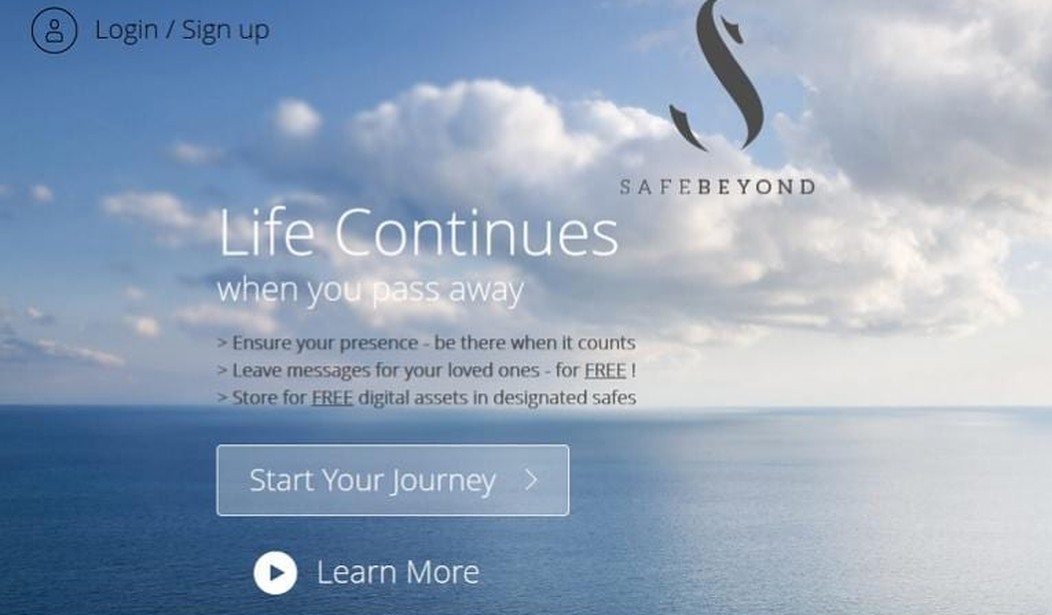There’s an app for pretty much everything, even for those at the end of their lives — and beyond.
Google was one of the first companies to help us plan our passing, with a feature available at no cost to all account holders. They began offering “the Inactive Account Manager” a few years ago, and it’s probably the only thing Google offers that will result in them no longer tracking you.
The feature allows you to determine what happens to your accounts and information after you die. This includes Google Drive, Gmail, Google Docs, Google Voice, YouTube, etc. You select how much time must pass with zero activity on your accounts for Google to assume you are dead, at which point it either deactivates all of your accounts or notifies your designated survivor to take over the accounts.
A variety of other apps provide varied functions for managing your affairs upon passing — everything from storing important documents to … tweeting on your behalf after you’re gone. Some may find them useful. Others, creepy.
This app records your final wishes and important information, and allows them to be shared with your designated survivor after you pass. The site lets you upload information to your file cabinet on their secure cloud, including legal documents, important papers, and passwords. You can also record your life story for future generations, and create farewell messages.
This app lets you leave behind written and video messages for your loved ones. They are sent to anyone you designate on a predetermined date in the future, such as a major birthday, wedding anniversary, marriage, or a holiday. The purpose is to help people you love cope better after you’ve passed away, while keeping your messages in a safe place. This app relies on a trusted friend to ensure the messages are delivered.
Everplans provides a complete archive of everything your loved ones will need should something happen to you. It stores wills, passwords, funeral wishes, and more in your own secure and shareable vault.
The app leads you through the process, including having you describe what you’ve already done, helps you complete your personalized to-do list, uploads everything, and shares your plan with your designees, whom it calls “deputies.”
Once all the information and documentation is saved, you can choose which parts of your plan you’d like to share with your various deputies.
Cake helps you make decisions for all aspects of your end-of-life plans. It leads you through a series of questions, such as:
“Is there someone you need to forgive?”
“Do you want friends to commemorate you with a stiff drink on the anniversary of your death?”
“Do you want a dress code at your funeral?”
“What last message do you want on Facebook?”
While “Cake” may seem an unusual name, this app was previously called “My Exit Strategy.”
This app focuses on social media. It lets you create a series of messages to be sent out after you die using Facebook, Twitter and others: the site provides a range of online tools, resources, and tutorials to explain the policies of the various social sites. When you join, you create a profile that looks much like your Facebook page. You can then write your goodbye messages, and schedule future posts such as birthday wishes.
All of these apps share a common issue: will they still be around when you need them, or will they pass on before you do?
A heavily reviewed app titled LivesOn debuted in 2013, offering the ability to tweet on your behalf after you’re gone. LiveOn would retweet and like others tweets, and post links based upon the sort of content it believed you would have liked. Its tagline: “When your heart stops beating, you’ll keep tweeting.”
That app appears to have suffered an early demise. So before you place your trust in one of these, it might be a good idea to have backup plans.









Join the conversation as a VIP Member